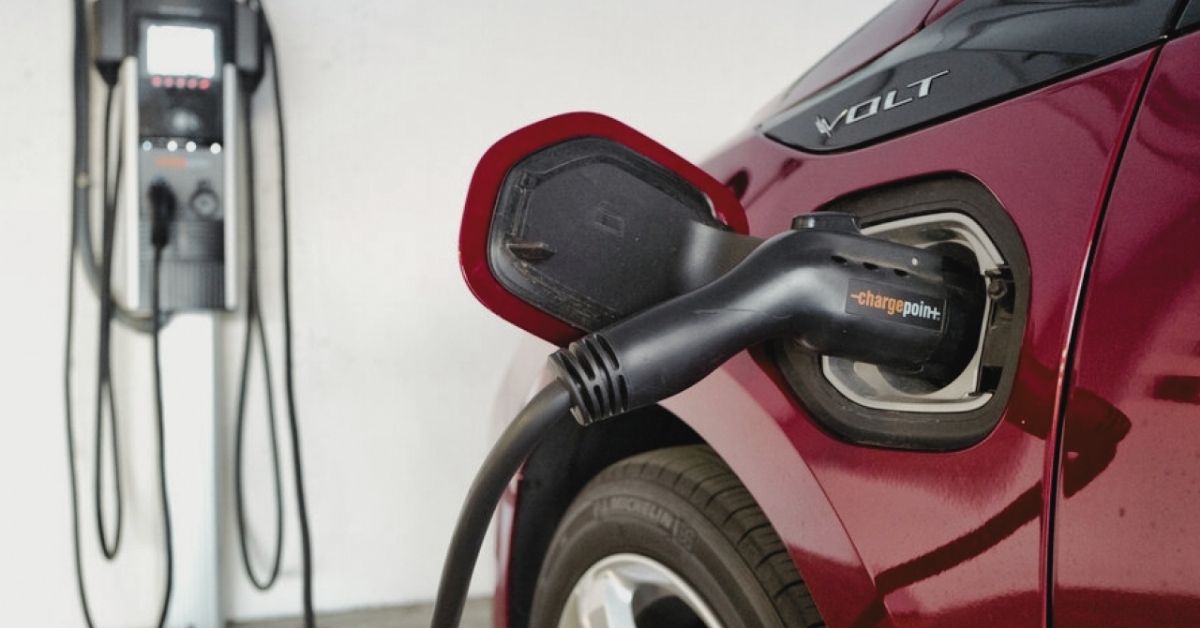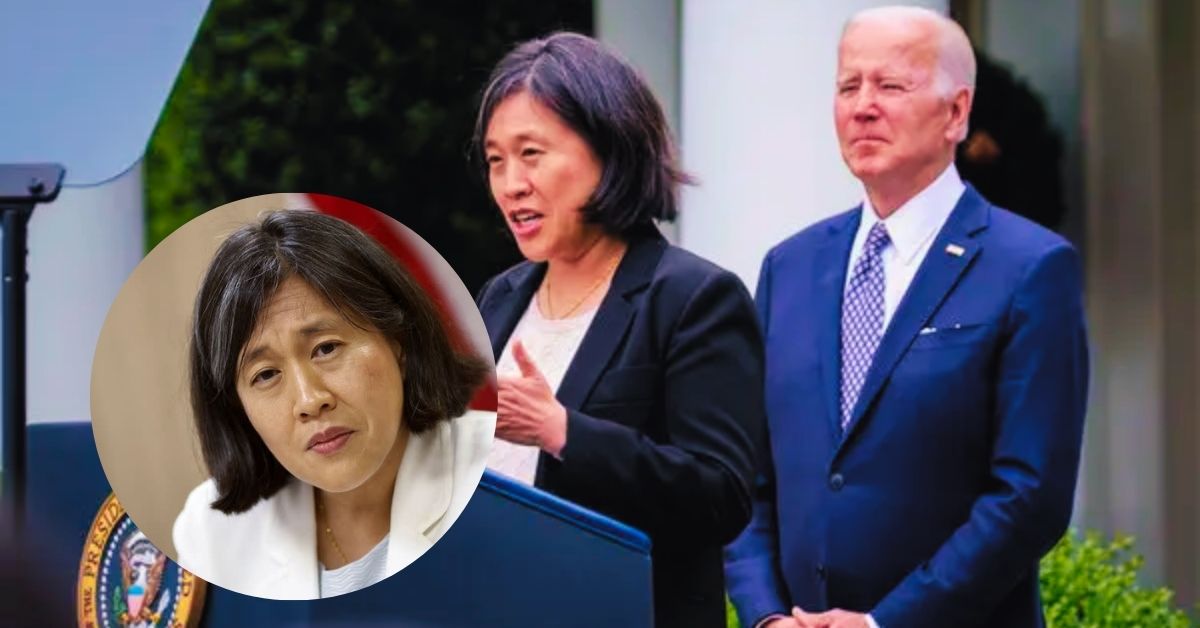U.S. And Japan Establish Pact on Supply of Minerals for Ev Batteries
The United States and Japan agreed to increase their collaboration on crucial mineral supply chains and increase Japanese access to U.S. tax incentives. Vice President Joseph Biden plans to challenge China’s leadership in the EV battery market.
Under the accord, EVs that utilize materials obtained or processed in Japan will be eligible for subsidies under the U.S. Japanese Trade Minister Yasutoshi Nishimura announced the Inflation Reduction Act on Tuesday in Tokyo.
According to the report, In a statement, U.S. trade representative Katherine Tam praised Japan as “one of our most treasured trading partners.” “This announcement proves President Biden’s commitment to building resilient and secure supply chains,” Tai said.
According to top sources in the Biden administration, the deal forbids the two nations from imposing bilateral export restrictions on the minerals most necessary for EV batteries. Lithium, nickel, cobalt, graphite, and manganese are among the minerals found there.

The United States and Japan will work together to assess foreign investments in their vital minerals supply chains and to resist the “non-market policies and practices” of other nations to lessen their reliance on China as a source of these resources.
The Biden administration hopes reliable partners can take advantage of the $7,500 EV tax credit included in last year’s climate-themed IRA by participating in trade agreements centered on minerals.
In Europe, Japan, and South Korea, automobile and battery manufacturers are concerned that they may be left behind if North American-assembled cars and batteries continue to get the lion’s share of consumer financing.
At least 40% of the value of the critical minerals in the battery must have been extracted or processed in the United States or a country with a U.S. free trade agreement or recycled in North America to qualify for the remaining 50% of the credit.
Japan’s electric vehicle industry suppliers saw gains in Tokyo trade on Tuesday. Asahi Kasei makes separators, and Sumitomo Metal Mining, which produces batteries’ cathode materials, increased by as much as 2.1%.
The U.S. remains very reliant on China, and demand for essential minerals will be significant in the years ahead, Treasury Secretary Janet Yellen said Friday during House Ways and Means Committee testimony.
“One of the goals of the IRA is to broadly strengthen supply chains for these critical minerals and their processing,” she said. To qualify for the $7,500 per car consumer tax credit, the Treasury Department plans to implement additional rules requiring battery components and essential minerals to be acquired from free-trade agreement countries.

Since the EU and Japan are not members of any FTAs with the U.S., the new pacts would grant the allies the same status for essential minerals trading.
“Securing critical minerals, which are necessary for electric vehicles, is an important issue to tackle as demand for these cars is expected to increase exponentially,” Nishimura told reporters. He said Tai and the Japanese ambassador to the U.S., Koji Tomita, were scheduled to sign an agreement later Tuesday.
We have discussed other United States-related news. Suppose you’re curious about the conditions and events going on around you. To learn more, click the following link:
- Attorney for Trump Admits ‘Ill-advised’ Social Media Assault on Alvin Bragg.
- The Republican Party Should Stop Threatening to Bomb Mexico.
Legislators in the United States have lately questioned Tai and Yellen on the constitutionality of this kind of partnership that does not need their permission. However, some labor unions, a crucial support group for Biden, have spoken out against the deals due to worries that they could threaten employment in the United States.
U.S. Trade Representative (USTR) power to strike agreements on particular sectors without the consent of Congress was used to negotiate the deal, senior administration officials claimed in a background call with reporters, who were not included in the conversation.
According to the authorities, the deal includes a screening process to prevent essential minerals from “countries of concern” from receiving IRA incentives.
You can visit the link for more updates and all the latest news.

